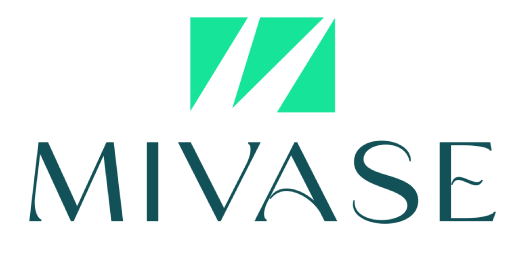I find myself enraged hearing topics of gender, equity and equality being discussed.
I feel it is an unwinding road that leads to nowhere , and perhaps, a tunnel with no light at the end.
No, not the terms or what they signify , but the discussions.
There are one too many conferences, webinars, seminars, all telling us that indeed a crisis exists when it comes to gender parity, and just a few pointing us in the direction of sustainable, feasible and practical actions that will wriggle us out of this gender divide crossroad we find ourselves at.
I find myself sheepishly smiling watching the Karshdians, Real Housewives of New York or the other reality shows that portray women living luxuriously with a control of their money. It gives me hope, that we are on our way to a future where many women own their finances, live comfortably and enjoy financial freedom.
But away from the facade that these reality shows presents, there is a looming threat to the gender wealth gap. Yes, there are more women in the boardrooms, more women CEOS, more women founders, more women professionals, more women athletes, but, how are they managing their finances? What is the extent of their financial literacy and knowledge of personal finances.
There are various economic indicators that show that the gender wealth gap keeps widening, and yet we fail to look curiously at why this is so. The skill of financial literacy that many men posses, although it isn’t taught in school, is usually developed over the years due to the traditional mindset of men being the breadwinners and having to figure things out on their own. We often find more men eager to buy stocks, bet, go to the casino or trade forex. Even when a woman and her husband are both high salary earners, it is common to see the woman give her quota to her husband to put in an investment vehicle which he deems suitable. This happens in many ways across the world and although we see several women trying to break this bias by being financial literacy coaches, their aims are more capitalist than social.
We need to move away from merely advocating for equity in pay and employment offers for women, but also encouraging women to be assertive in taking charge of their finances and building their financial literacy.
Socialists and volunteer groups, which should not only consist of women but men as well, should work together to promote financial literacy among women, from the boardroom to the farm. Financial institutions should focus on the on the S in CSR, to really promote better understanding of their financial instruments, instead of eagerly forcing them down their throats with the aim of reaching targets.
We all need to be intentional and handhold one another in this journey to financial freedom.


